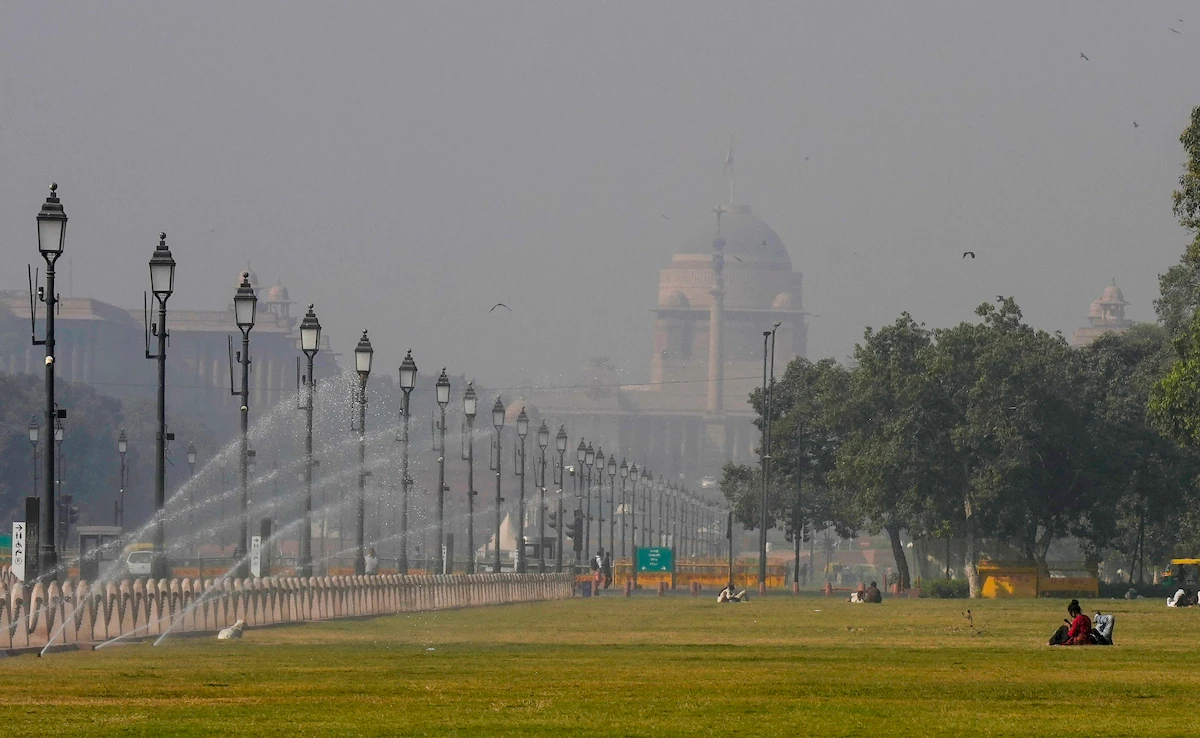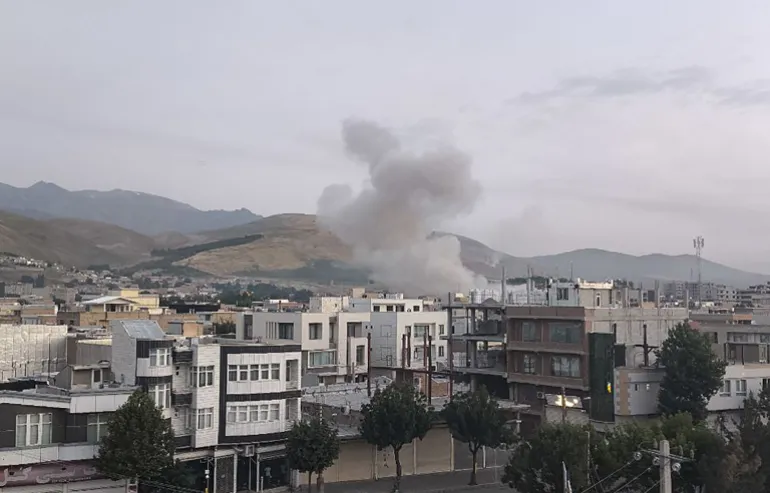- Courses
- GS Full Course 1 Year
- GS Full Course 2 Year
- GS Full Course 3 Year
- GS Full Course Till Selection
- Answer Alpha: Mains 2025 Mentorship
- MEP (Mains Enrichment Programme) Data, Facts
- Essay Target – 150+ Marks
- Online Program
- GS Recorded Course
- NCERT- First Ladder
- Polity
- Geography
- Economy
- Ancient, Medieval and Art & Culture AMAC
- Modern India, Post Independence & World History
- Environment
- Governance
- Science & Technology
- International Relations and Internal Security
- Disaster Management
- Ethics
- Current Affairs
- Indian Society and Social Issue
- CSAT
- 5 LAYERED ARJUNA Mentorship
- Public Administration Optional
- ABOUT US
- OUR TOPPERS
- TEST SERIES
- FREE STUDY MATERIAL
- VIDEOS
- CONTACT US
GOVERNOR’S ROLE IN INDIAN FEDERALISM
GOVERNOR’S ROLE IN INDIAN FEDERALISM
08-02-2024
At the Jaipur Literature Festival, a discussion talked about how the central and state governments should work together. Experts highlighted the importance of Governors to stay neutral in Indian Federalism.
What is Federalism?
- Federalism is a system of government where power is shared between a central authority and smaller political units like states.
- Each level of government has its own set of powers and responsibilities.
- In the context of India, federalism aims to maintain a balance between the need for a strong central government and the autonomy of the states, which balances diversity with the need for National unity.
What is the role of the Governor in Indian federalism?
- The Governor has to serve as the constitutional head of each state as well as act as a representative of the central government in each state.
- Some important constitutional provisions about the Governor’s role are:
|
Article 163 |
|
|
Article 164 |
|
|
Article 174 |
|
|
Article 200 |
When a bill is passed in the Assembly, the Governor has 4 options:
|
What are the challenges or criticisms related to the role of the Governor?
- Neutrality: It is argued that Governors, who are appointed by the central government, show bias by favoring the political party in power at the Centre.
- Misuse of Discretion:
- The Governor can recommend the imposition of President's Rule under Article 356 of the Indian Constitution. But its misuse is visible as it has been used over 120 times since 1950.
- In the Shamsher Singh case of 1974, the Supreme Court highlighted that Governors shouldn't misuse their powers by withholding assent or returning bills to the State Legislature. The case also pointed out that Governors often ignored the advice of the State Cabinet. The reason behind this phenomenon is that the Constitution doesn't set a time limit for Governors to give assent to bills.
What are the recommendations in regard to the Governor?
|
Sarkaria Commission |
|
|
Punchhi Commission |
|
Conclusion: The Governor should act as a Friend, philosopher and guide for the State government and balance the Federal structure of Indian polity.



